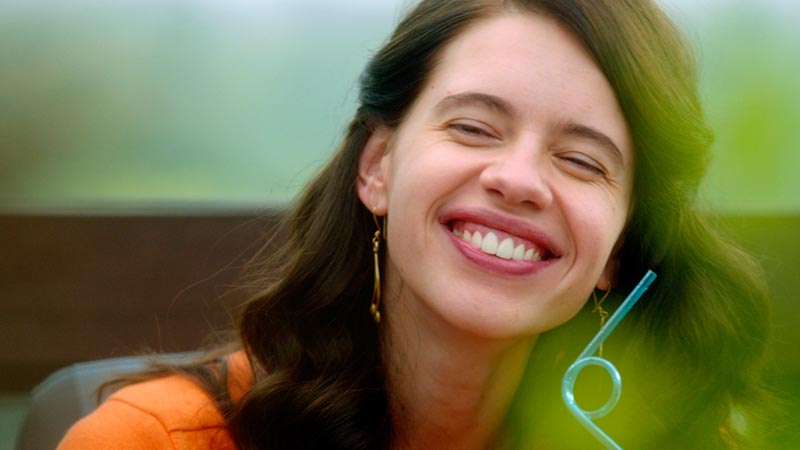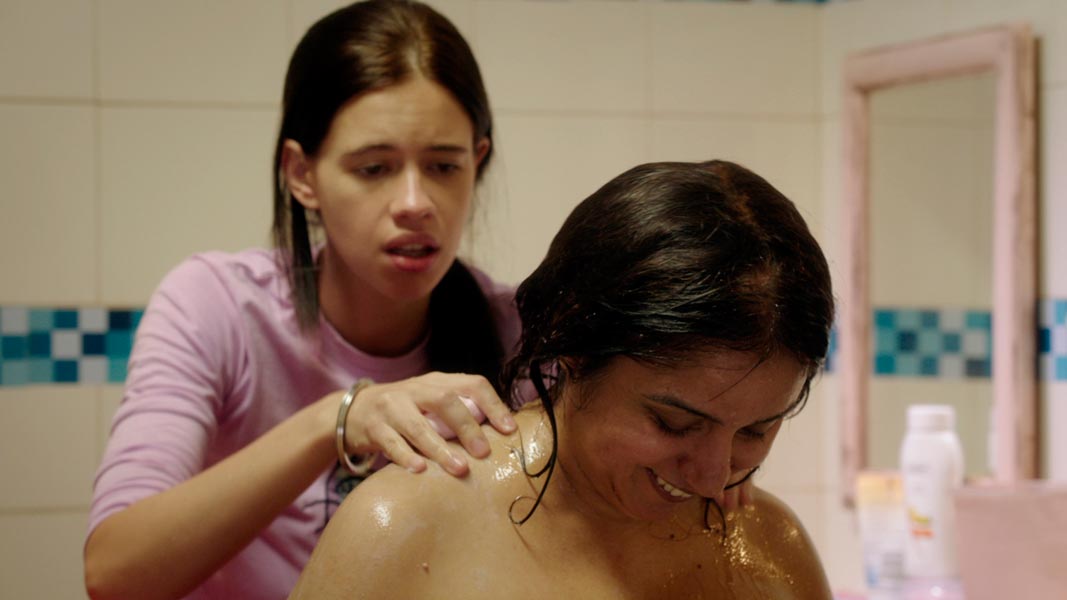
Shonali Bose’s latest film, Margarita, with a Straw, has appeared in over 120 festivals worldwide, received numerous awards, and is a hit in both art house and commercial film markets. Despite this success, Shonali never dreamed, as a student, that she would become a filmmaker; even today, she considers herself to be as much a political activist as a director and producer. “Film is the means with which I want to communicate ideas about social and political change,” she says.
While Shonali is driven by political activism, her movies remain personal and heartfelt. Margarita, with a Straw was inspired by her cousin Mali, who has cerebral palsy. Although the two are as close as sisters, Shonali had not considered, until they were in their forties, that Mali’s sexuality as a disabled person made people uncomfortable, even amongst family members.

Many elements of the movie, however—such as coming to New York and being bisexual—were drawn from her own life. Indeed, Shonali believes it is important for filmmakers to create movies for themselves. “When writing and directing a film, it’s important that you don’t fall under the pressure of ‘What is your target audience?’” she says. “You are the audience. It needs to work for you, or else it is a dishonest film.”
This was something Shonali stuck to, even in the face of the censor board in India, which has the power to ban films (something she experienced with her first film, Amu) or to order scenes be cut. Shonali was excited to release Margarita in her home country, but was not sure if the movie, with its sex scenes and bisexual characters, would pass the board.

And in the initial review, it didn’t—distraught, Shonali went to the women’s room to compose herself. There, several board members—all women—went to speak with her off the record. “They said, ‘You must appeal it,’” she recalled. “‘You will get cleared.’”
They were right: Margarita not only won its appeal, but also met with commercial success and a six-week theatrical run. This was shortly after a legal ban on homosexuality in India was upheld by the Supreme Court, and it struck a chord with audiences: “Parents came up to me and said that it made them open up, [especially those] who had not accepted their children who are gay,” Shonali says. “A lot of young gay people told me that they took their families to see the film and then came out to them.”
Ultimately, though, Shonali was not surprised: “I had confidence in the film, and confidence in India’s audiences.” Her faith, on both counts, was not misplaced.